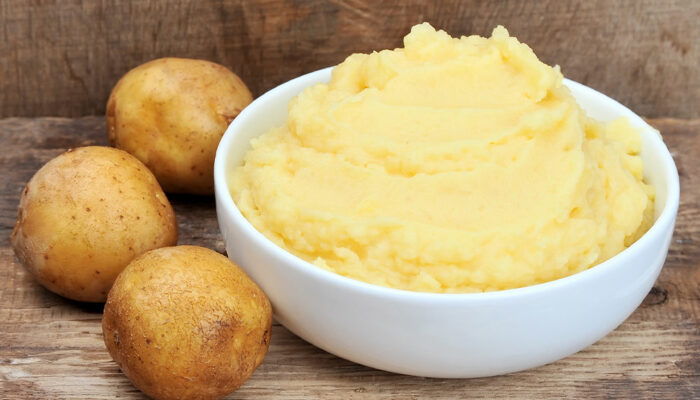
health
5 ways to manage ADHD in children
Attention deficit hyperactivity disorder (ADHD) is a health condition generally seen in children. The brain of an ADHD child develops differently, where the condition affects the child’s posture, focus, and attention span, and capacity for self-control. This condition is characterized by hyperactivity, excessive movement when not required, and impulsive behavior. Parents with ADHD child can opt for different ways to deal with them. This article highlights simple parenting tips for ADHD. Raising a child with ADHD comes with its own challenges, but they can be managed by giving attention, encouragement, and following various approaches. Engage in challenging activities Children with ADHD are easily distracted, but not many know they only focus when they find a challenging task. When the child responds positively to a particular task, encourage them to do more of it. This will keep them active, improving their physical and mental health. Encourage physical exercise Indulging in different exercises can help the child focus better, improve sleep patterns, reduce depression or anxiety, and stimulate brain function. Follow a routine Creating a routine in daily tasks and activities can reduce the chances of distractions. Also, when the child encounters an activity or event they expect, they are prepared to complete them.
Read More 








